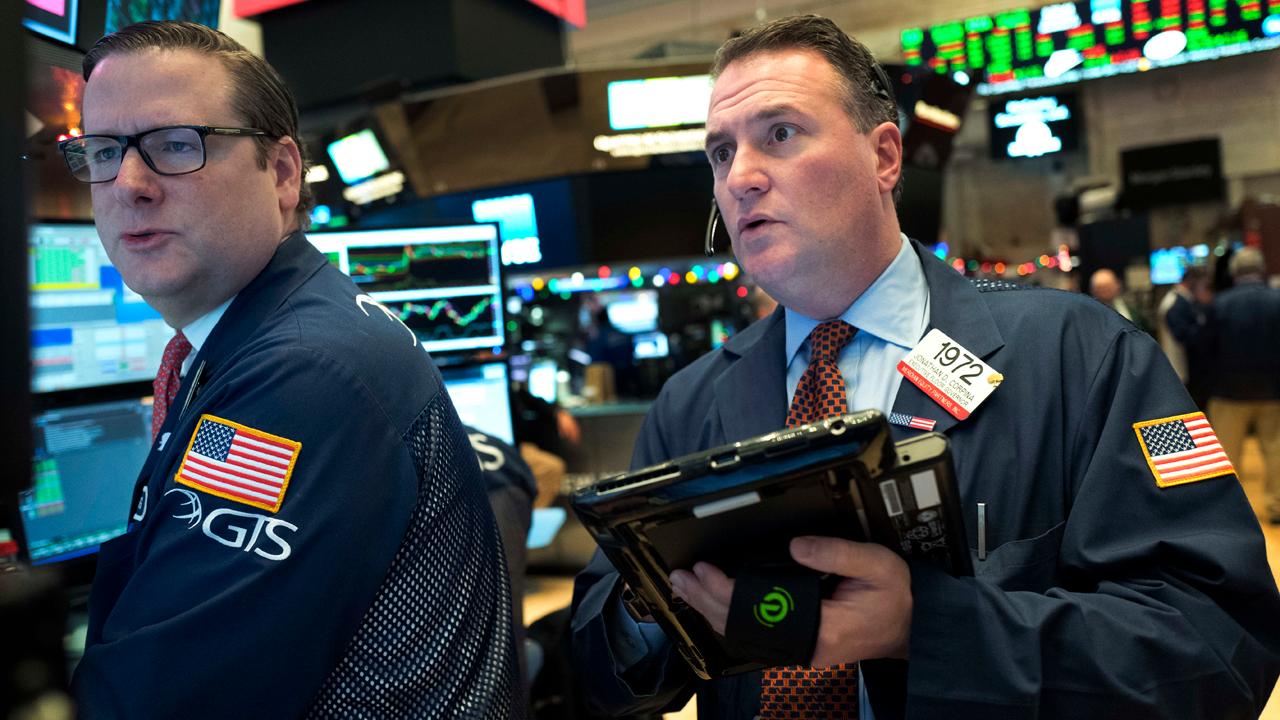Three takeaways from earnings season
Earnings season is a time to learn how the executives of the world’s largest companies feel about the current state – and future – of the economy, and for the first quarter of 2018 there was a lot to assess.
There were many new developments since the start of the year. Volatility returned to the markets and there were some mixed economic data reports after a seemingly endless stream of positivity. Concerns of a trade war hit as the U.S. administration moved to implement policies to protect American companies from other nations’ unfair trading practices.
According to Goldman Sachs’ quarterly Beige Book, there were three key takeaways from executive commentary during earnings season, and they were the state of the economic cycle, the impact of rising costs and the threat of a trade war. Here is what the leaders of the companies thought about these developments.
Economic data
Despite some investor concern that strong economy was headed for a downturn, executives believe this economic growth cycle has more room to run. Corporate management expects relatively strong economic growth to continue at least through the end of 2018, driven in part by tax reform. They agree that a downturn is inevitable, but it won’t happen yet.
Some comments from management include Boston Properties’ statement that, “Economic conditions continue to be healthy and relatively stable,” while Union Pacific Corp.’s quarterly statements included, “The economy feels pretty good to us. Industrial production was very strong in the first quarter. It looks to stay strong as we progress throughout the year.”
Input costs are a concern
While economic growth will continue, rising input costs will pressure earnings. The executives cited rising costs, including wages, commodity prices and logistics costs as potential concerns.
Numerous companies weighed in on rising wages with Haliburton noting that, “The labor market is tight … given the level of activity today, there will likely be wage inflation and additional pricing will be necessary for cost recovery.”
Haliburton also commented on logistics and transportation costs, noting that, “The issue today is not in tractors and trailers. It’s finding qualified drivers and dealing with congested infrastructure.”
Trade war threats
Companies are optimistic that the trade conflict will be resolved, and they support a free trade environment. While there have been concerns amid the rising protectionist rhetoric that a full-blown trade war could hit, the executives don’t think it will come to that.
Commenting on threats of a trade war, James Fitterling, COO of DowDuPont’s Materials Science Division, (DWDP), said, “Look, I don’t think we’re looking at a major trade war here. I think some of that’s been overplayed. I think what’s going on is we’re trying to find a path toward fair treatment with trade with all countries.”
Boeing executives noted that they are encouraged by the continuing dialogue, while Tyson Foods noted that, “Trade flow is incredibly important to Tyson Foods and we continue to urge our political leaders to support efforts to provide certainty to markets.”




















